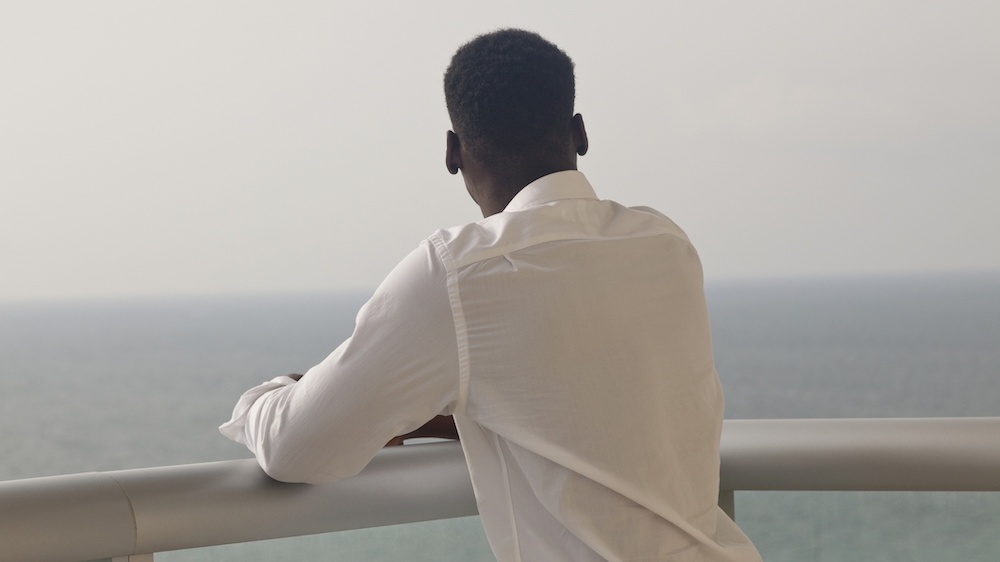If you’re interested in sharing your opinion on any cultural, political or personal topic, create an account here and check out our how-to post to learn more.
____
I used to feel like therapy wasn’t for me. To preface this, I’ve done therapy before, as a therapist. I’m a licensed social worker and I’ve worked with kids, teens, adults and even seniors. My work has ranged from dealing with bad breakups to working with individuals who experience severe and persistent mental illnesses, and I loved it. I appreciated helping others through their challenges and providing some added support that we all need in our lives.
But, as much as I loved being that person for others, I felt like I didn’t really need to go to therapy for myself. However, it wasn’t from lack of trying.
The first time that I tried therapy was during my freshman year of college. I was failing all of my classes, missing home and feeling guilty for squandering away my opportunity, while my mother was working countless jobs to provide. I tried everything to make myself feel better, from talking to friends, partying, eating everything in sight and sleeping all through the day. Nothing worked. If anything, it made me feel worse.
I found myself walking through campus, praying to God to help me get out of my funk. And although I knew what I was feeling, I didn’t want to put a label on it. Instead, I decided to give the counseling center a shot and see what they could do to help. The only problem was that I was too embarrassed to actually step foot in there for anything but free condoms. Instead, I went to a confidential satellite session in the dorms and it was perfect. I didn’t have to leave my building and I even saw a few friends heading there, which made me feel like I wasn’t alone.
My therapist was a Black man in his 50s. He listened intently and encouraged me to say anything that was on my mind. I let it all out and honestly felt like he got it. Being a Black kid on a mostly white campus is tough, and having no money makes you feel even more ostracized. I left feeling like a weight had lifted and I was more open to ongoing therapy.
However, it took me seven years to go back.
I fell back into old habits and thought that I could handle everything on my own. I’d occasionally talk some things through with friends, but more often than not, I’d put on a brave face and just push through. I reached a few breaking points — including a panic attack on the subway and struggles with skyrocketing blood pressure — before I decided to give talking to a professional another shot. I downloaded a few apps, but they never worked for me. I hate texting and the idea of typing out what’s bothering me feels like I’m reliving 2020 all over again. I needed a real person, and after months of searching, I found one.
My second real try at therapy was seeing a Black therapist in his late 20s. Like me, he was from Brooklyn, went to a nearby college, lived in my neighborhood and even went to one of our rival high-schools. We were only two years apart in age and had no doubt that we may have crossed paths at some point.
At first, it was great. We talked about sports, both of our recent engagements and the stress of wedding planning, and future goals. We met for a few months before I decided to stop. The problem was that we were too similar. His approach and demeanor was a lot like mine and I never felt safe enough to open up. He felt like more of a friend than a therapist. Although, I did leave our work together with some concrete advice and tangible things that I could work on to limit stress and bring more balance to my life.
It’s been over a year since I last saw someone, and what a year it’s been. We’ve lived through a pandemic, lost family and friends, witnessed the murder of too many of our brothers and sisters, and found ourselves explaining, far too often, why we should be treated as human beings. The truth is that Black people have been dealing with systemic racism for centuries, but this year felt a little different. It felt like there was just too much going on and we’d all reached out breaking points.
So, now I’m ready. Looking back on the few times that I’ve tried therapy, I’m able to see what a help it’s been and how it's shaped my life. Therapy has made me a better husband, son, friend and man. I’m able to better relate to the world around me and find myself more at ease with my own emotions. I agree, therapy isn’t for everyone, but if you find yourself struggling, know that you don’t have to do it alone.
I’ve included a link to some mental health resources specifically for people of color. It may take some time to find the right person, but it may be worth it. I hope you give it a try.

